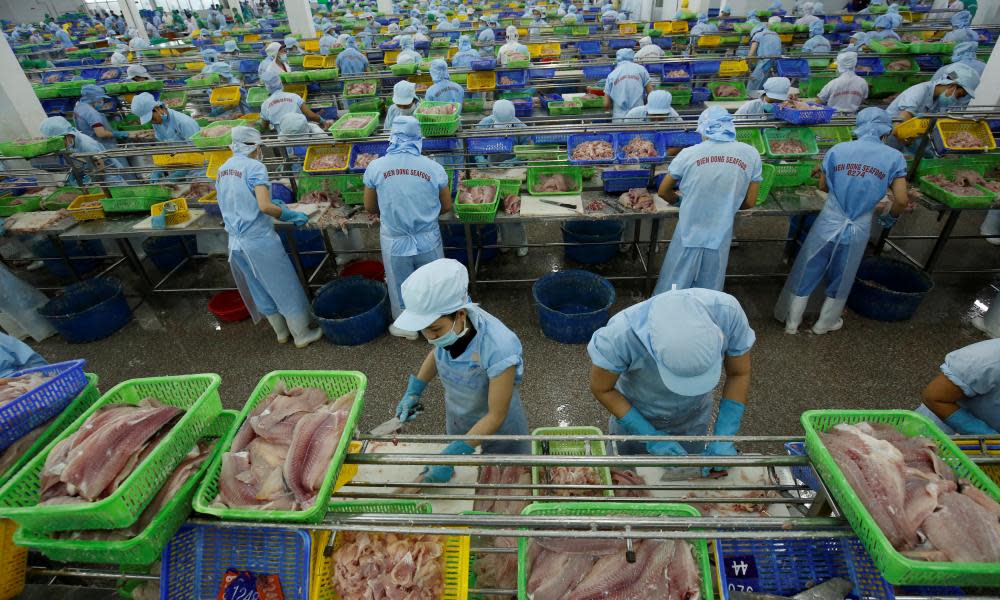Insights... efficiency is fine, but happiness at work is another kettle of fish

We are having a productivity crisis. More of us are working, but since the crash we’ve made almost no progress in getting more out of each hour. In part, that’s why we’ve had the longest pay squeeze in two centuries. But what affects our productivity? An answer has come from an unlikely source – fishmongers in Vietnam. And those of a sociable disposition are not going to like it.
Many economists recognise the benefits of having similar companies in proximity. The story goes that “clusters” of particular types of businesses lead to higher productivity because people learn from each other. But does this apply to proximity of workers within a firm? Not so much is the answer from intriguing research by the University of Hong Kong. The author took a seafood-processing plant in Vietnam and compared how many kilograms of fish were filleted when people were randomly allocated work stations as against choosing their neighbours. Ten per cent more fish were gutted when people were randomly allocated and less able to chat to their mates. But before employers start segregating staff it’s worth noting that people like to chat – the study found that workers would forgo nearly 5% of their wages to work around friends.
Personally, I prefer acting on separate Bank of England research that says we face a “crisis of attention” at work courtesy of emails and social media. Our virtual friends, rather than close work colleagues, are the real distraction.
• Torsten Bell is chief executive of the Resolution Foundation. Read more at resolutionfoundation.org

 Yahoo News
Yahoo News 
